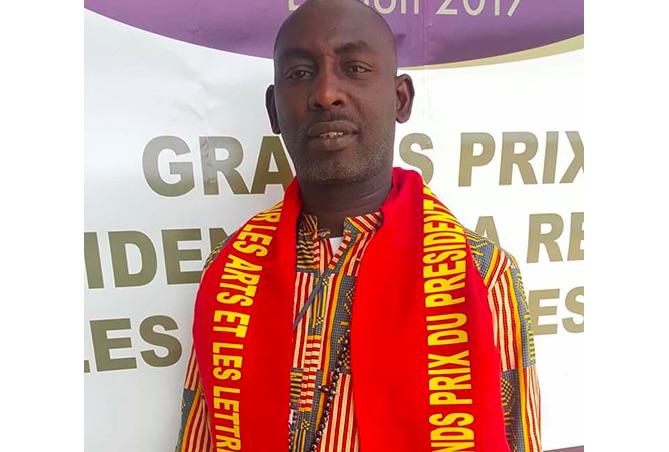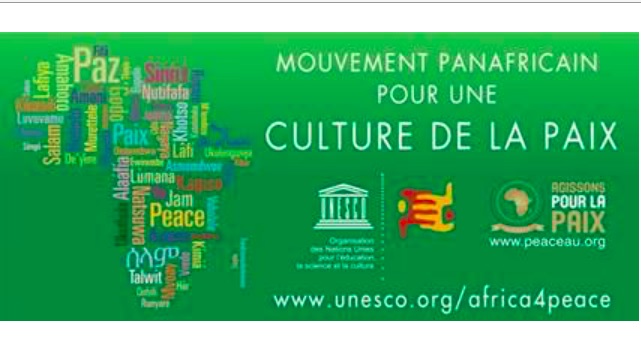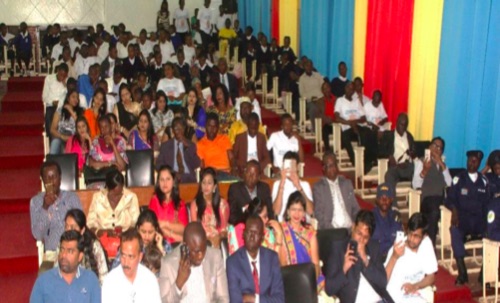. . DEMOCRATIC PARTICIPATION . .
An article from Le Quotidien
The 7th edition of the Thionck-Essyl International Dance and Music Festival opens this Friday [April 13]. This locality of Casamance will, during 5 days, vibrate with the rhythms of songs, dances and training workshops for batik, basketry, pottery, as well as colloquiums. The director of the company Bakalama, initiator of this festival, Malal Ndiaye defined the strong axes of the programming, as well as its ambitions to make this festival a lever of economic development of Casamance (through culture and tourism) and a way to cultivate peace.

Casamance has been in conflict for almost three decades. As the director of the Thionck-Essyl International Dance and Music Festival, Malal Ndiaye believes that where politics and the military have failed, culture can succeed in bringing peace. The 7th edition of its festival which is held from 13 to 20 April in Thionk-Essyl (a locality located in the department of Bignona) hoopes to be an opportunity to promote culture and peace. “We have already understood that culture can be a source of mutual understanding of peoples, and that is why we have set up the festival in Casamance and we call on all the localities to come to discuss, understand and move forward together. As a cultural actor, I think and remain convinced that it is only through culture that we can have peace in Casamance”, he argues.
(article continued in right column)
Can festivals help create peace at the community level?
(article continued from left column)
Beyond this, it is for the initiators of this festival to promote cultural and tourism participation, as well as economic development of this region of Casamance. The artistic director of the company Bakalama and former manager of P-Froiss also recalls what guided the establishment of the International Festival of Dance and Music Thionck-Essyl “In 2004 we saw that the young people of this locality were passionate about making art. At Thionck-Essyl, there is a real artistic potential, so we decided why not create an artistic festival, but also a festival of development. A festival that can allow us to make a contribution, both in terms of tourism, economy and social . It is these young artists who are in Casamance, especially those in Thionck-Essyl who motivated us ” he informs. And since then, the festival has not departed from its original objectives. Once again this year, it will be an opportunity to address a theme so dear to the promoters of the festival: Culture and tourism leverage for economic development.
On the program side, director Malal Ndiaye reveals that a whole string of musicians, dancers, rappers will come from Dakar as well as regions of Casamance to take part in this festival. “45 artists will leave Dakar to join Thionck-Essyl and there they will find other dance companies such as the company Bakalama, the troupe Kalonkigne, Koubalang, Niaffrang … The Gran Jabel group will come from Guadeloupe to participate at the festival”, notes Mr. Ndiaye, who is pleased with the support of the municipal authorities. “The budget for this festival is 12 million, the 2 million are managed by the city council, and the Bakalama company which brings the artists participates for 1.5 million.” To make up the rest of the budget, Malal Ndiaye is counting on the support of the ministries in charge of Culture, Tourism and Crafts. “We have debts, we need transportation, accommodation, sound, we hope the support of the government,” he says.








